In Vietnam, according to statistics from the Ministry of Health, each year about 200,000 people die from cardiovascular disease, accounting for 33% of deaths. People with cardiovascular disease need to maintain their diet and medication regimen during Tet to prevent the disease from getting worse.
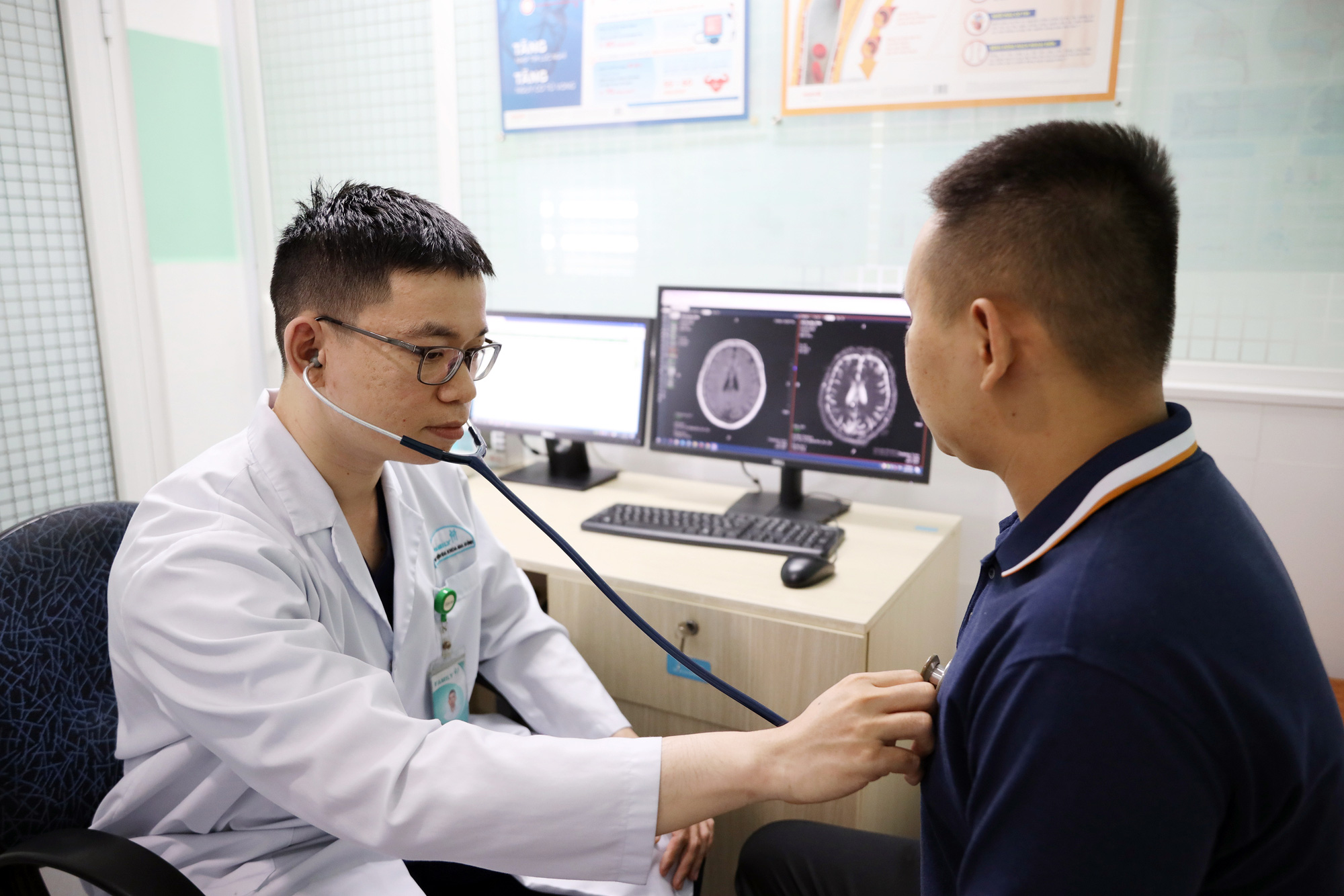
Doctor examines patient with cardiovascular disease - Photo: PT
During Tet, many people have their daily routine disrupted. Experts recommend that people with underlying medical conditions pay attention to their diet and medication to avoid worsening their condition.
So what should patients with cardiovascular diseases do, what should they eat and what should they take medication to have a happy and healthy Tet?
Associate Professor, Dr. Nguyen Thi Thu Hoai, Director of the National Heart Institute, Bach Mai Hospital, will give some notes for cardiovascular patients during the Lunar New Year 2025.
General notes
Adhere to medication regimen: Take medication on time, do not stop or change dosage on your own, even when busy.
Diet : Avoid foods high in saturated fat (fatty meat, fried foods), sugar (candy), and salt (pickles, fish sauce).
Avoid alcohol : Do not drink too much alcohol because it can cause high blood pressure and heart rhythm disturbances.
Avoid strong emotional states : Too happy, too sad….
Physical activity : Do not overexert yourself (climbing mountains, lifting heavy objects). Maintain light exercise, walking, yoga.
Monitor symptoms : If there are signs of fatigue, leg swelling, or increased shortness of breath, see a doctor immediately.
Follow-up visit: Schedule a follow-up visit before or right after Tet to ensure treatment is not interrupted.
Keep your mind relaxed : Avoid anxiety and excessive stress because it can increase blood pressure or cause symptoms to recur.
Weather alert : Dress warmly when it's cold, avoid sudden temperature changes.
Special notes for cardiovascular patients
Limit salt: Avoid salty foods such as pickles, pickled onions, banh chung, banh tet because they can cause water retention, increasing the burden on the heart.
Pay attention to water intake: Make sure you drink enough water, not too much can cause difficulty breathing and swelling, but too little can cause kidney failure or low blood pressure.
Monitor weight daily, if it increases >2kg in 2-3 days, notify your doctor.
For patients taking anticoagulants: Limit foods rich in vitamin K (green vegetables, broccoli) because they can affect the effectiveness of anticoagulants.
Avoid falls: Cardiovascular patients are often prescribed antiplatelet or anticoagulant drugs, so the risk of bleeding is higher than normal. Therefore, activities with a risk of injury should be avoided because they can cause serious bleeding.
When should a patient go to the hospital immediately?
Severe chest pain, severe shortness of breath.
Rapid heartbeat, irregular heartbeat, or feeling like fainting.
Swollen legs, abnormally large abdomen.
Blood pressure too high or too low
Symptoms do not improve with medication.
Source: https://tuoitre.vn/nguoi-mac-benh-tim-mach-can-chu-y-gi-dip-tet-20250124110304289.htm


![[Photo] Looking back at the impressive moments of the Vietnamese rescue team in Myanmar](https://vstatic.vietnam.vn/vietnam/resource/IMAGE/2025/4/11/5623ca902a934e19b604c718265249d0)


![[Photo] "Beauties" participate in the parade rehearsal at Bien Hoa airport](https://vstatic.vietnam.vn/vietnam/resource/IMAGE/2025/4/11/155502af3384431e918de0e2e585d13a)




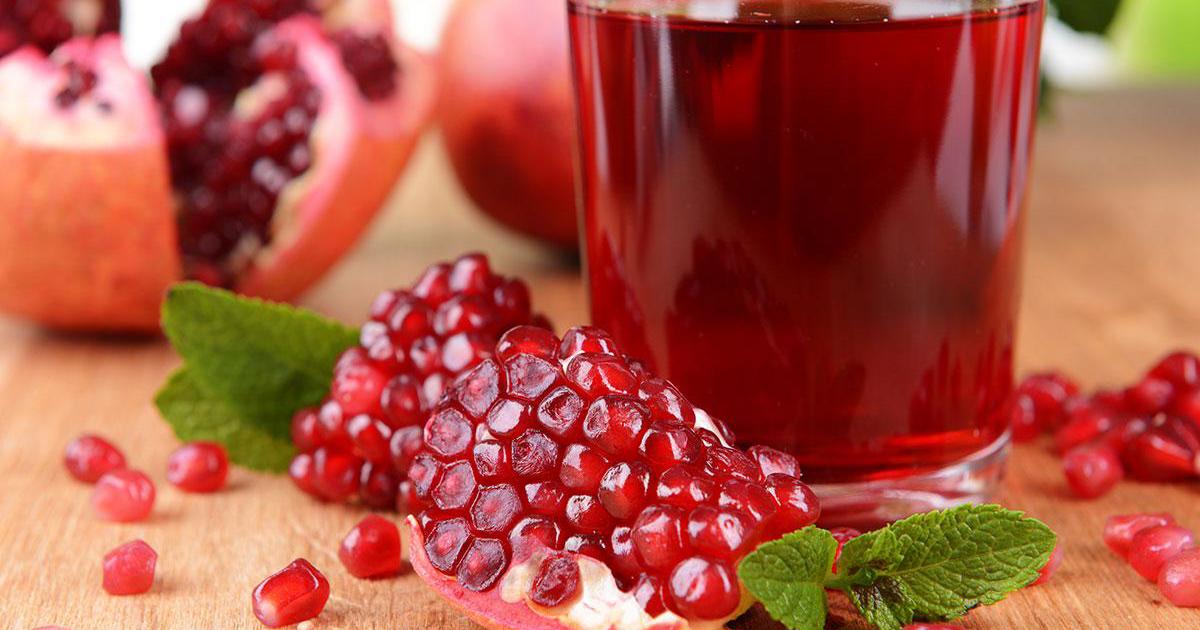

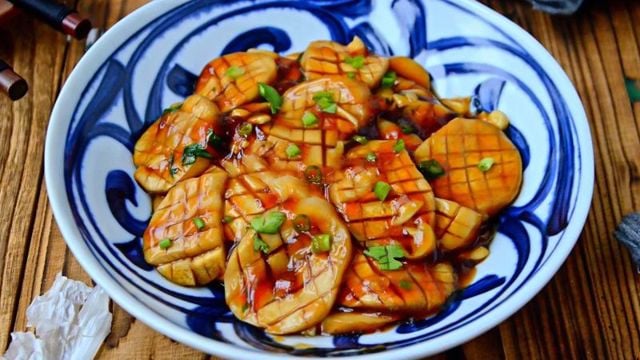
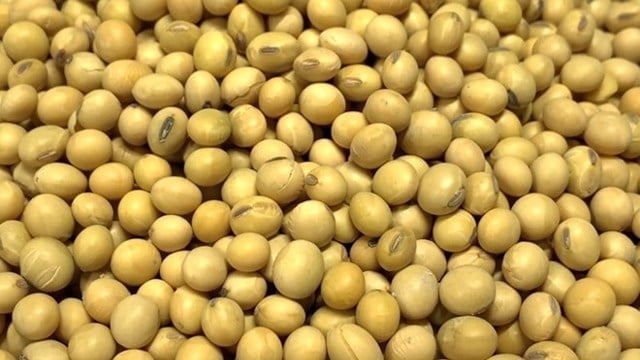
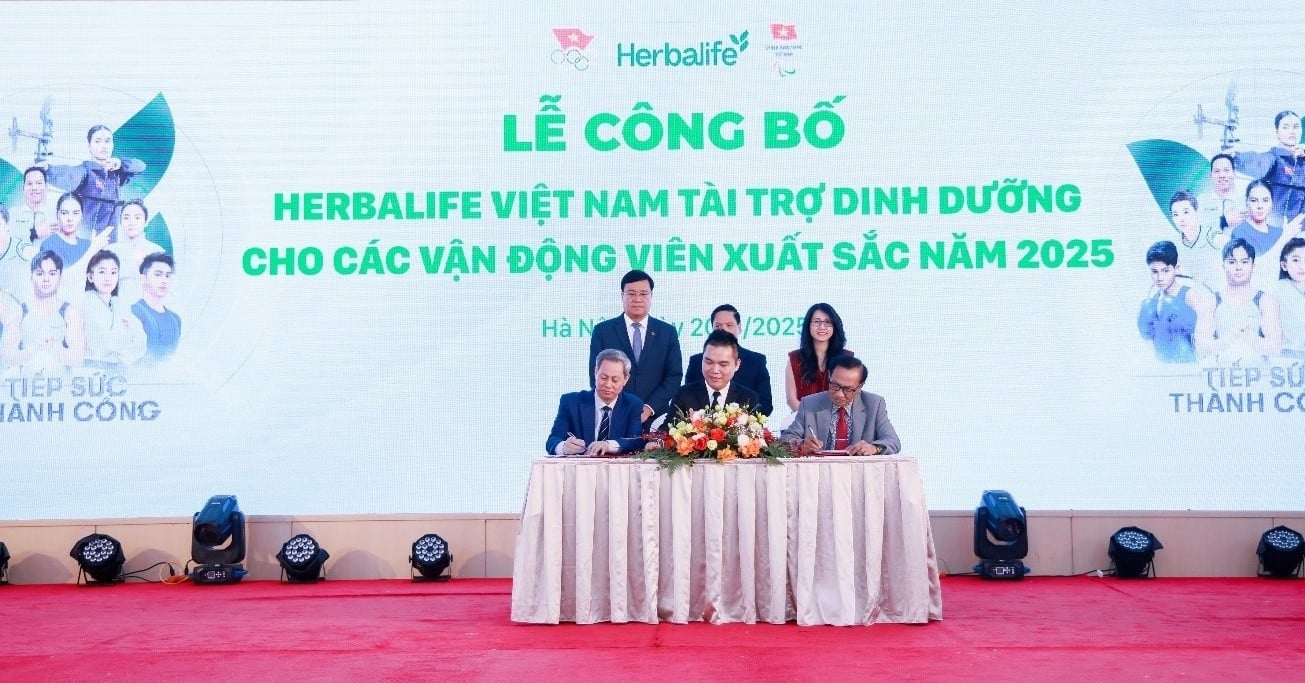



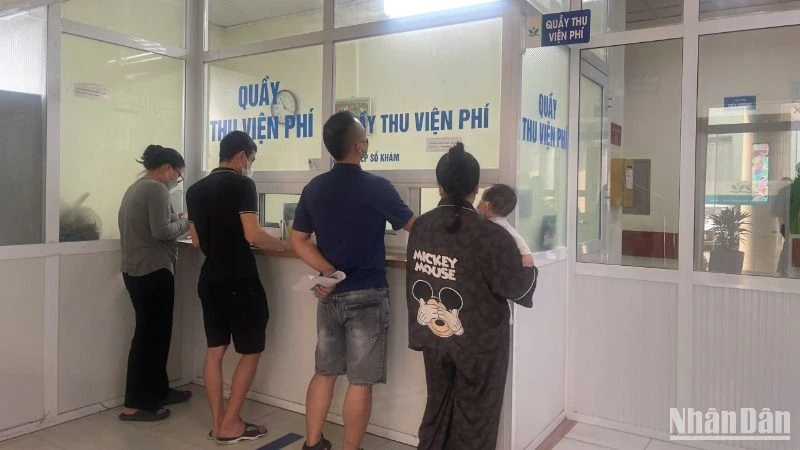
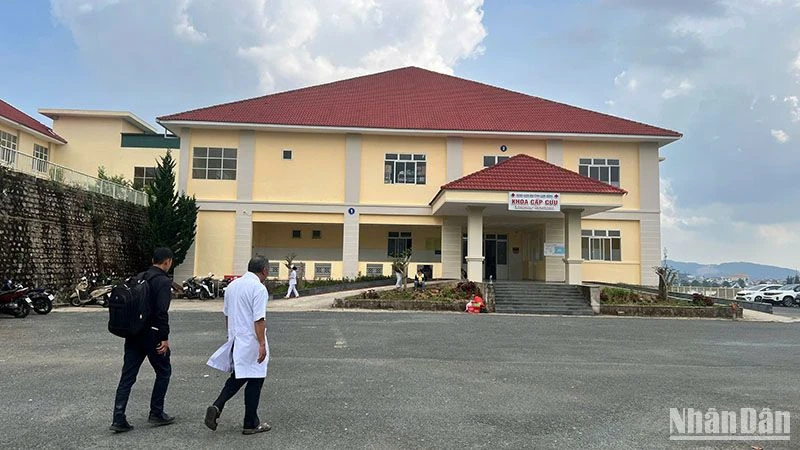
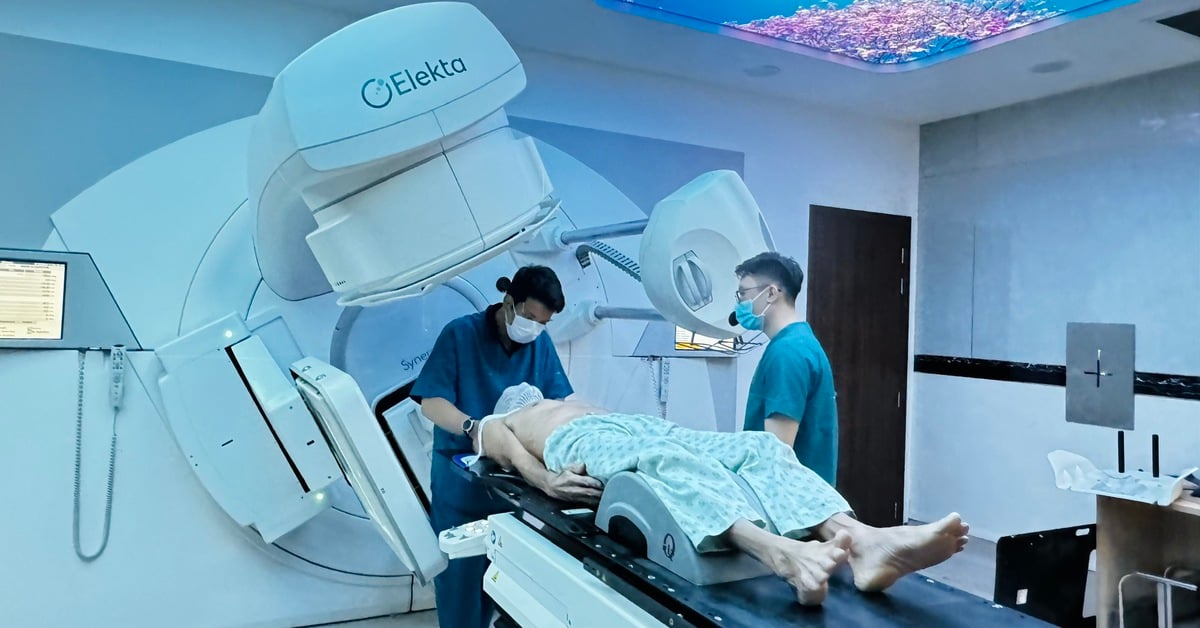
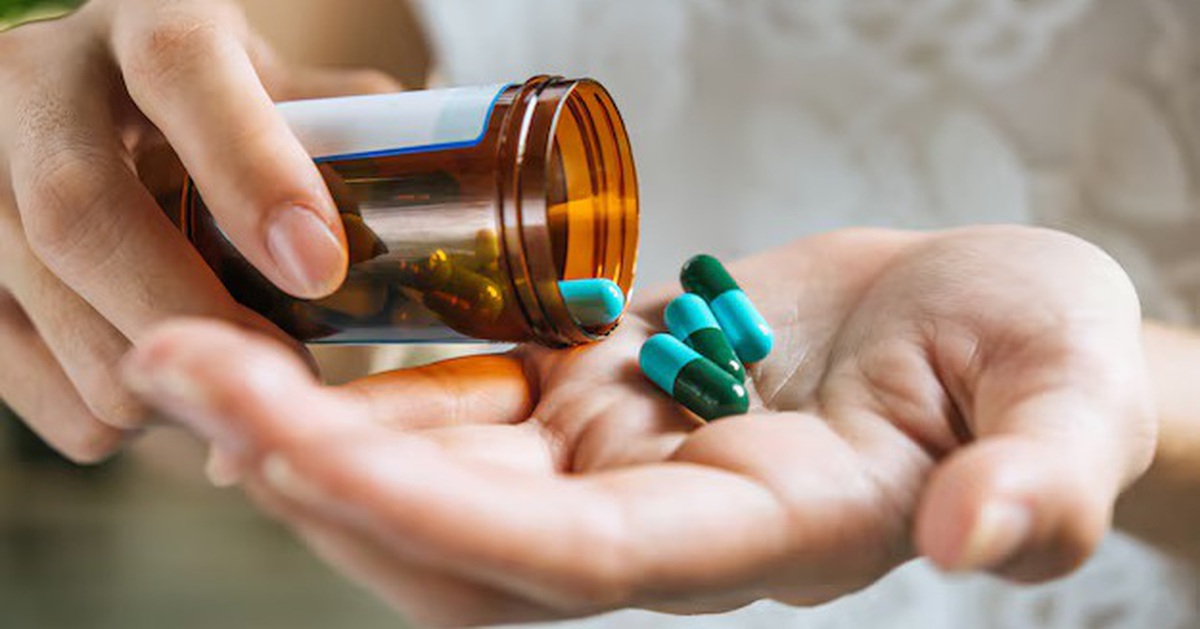

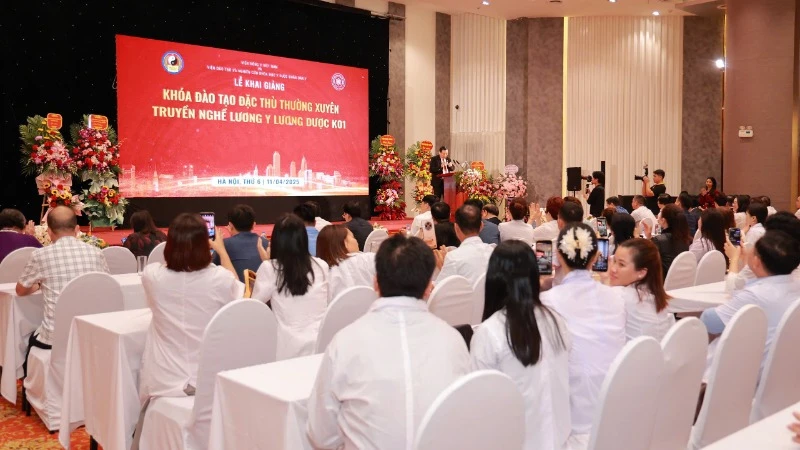


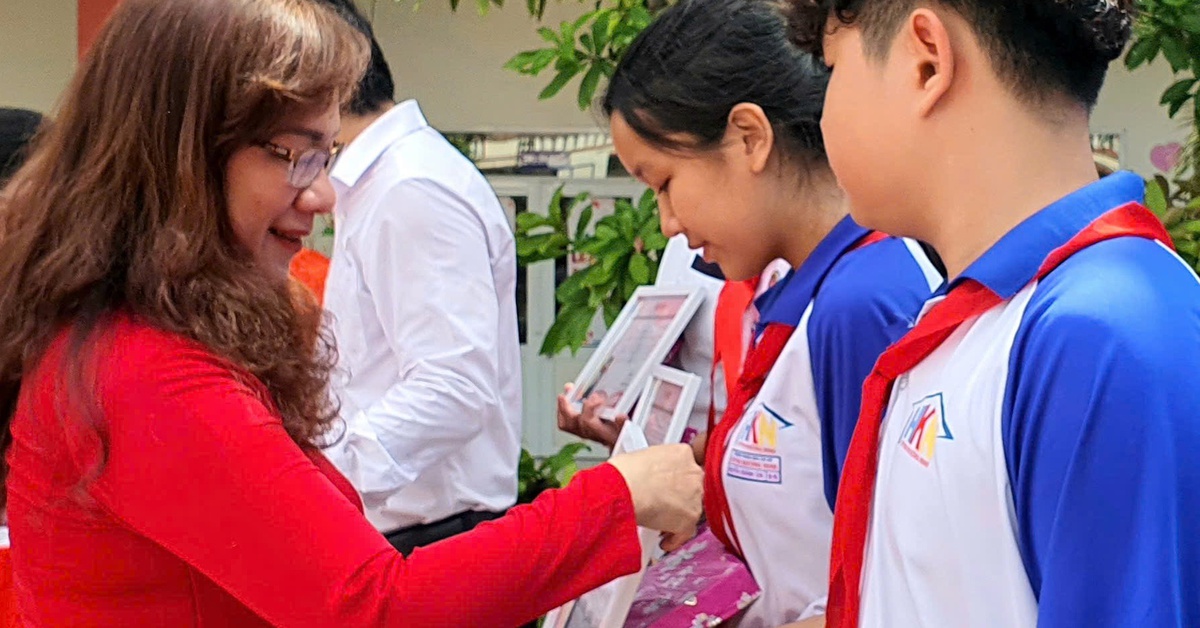
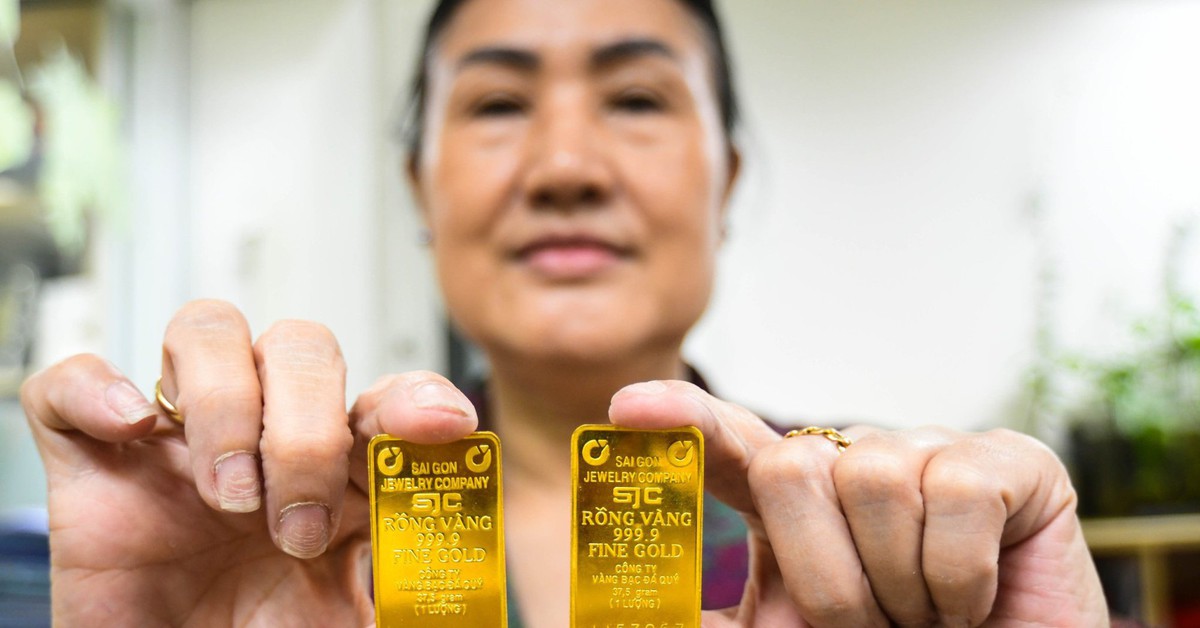




![[Photo] Summary of parade practice in preparation for the April 30th celebration](https://vstatic.vietnam.vn/vietnam/resource/IMAGE/2025/4/11/78cfee0f2cc045b387ff1a4362b5950f)














































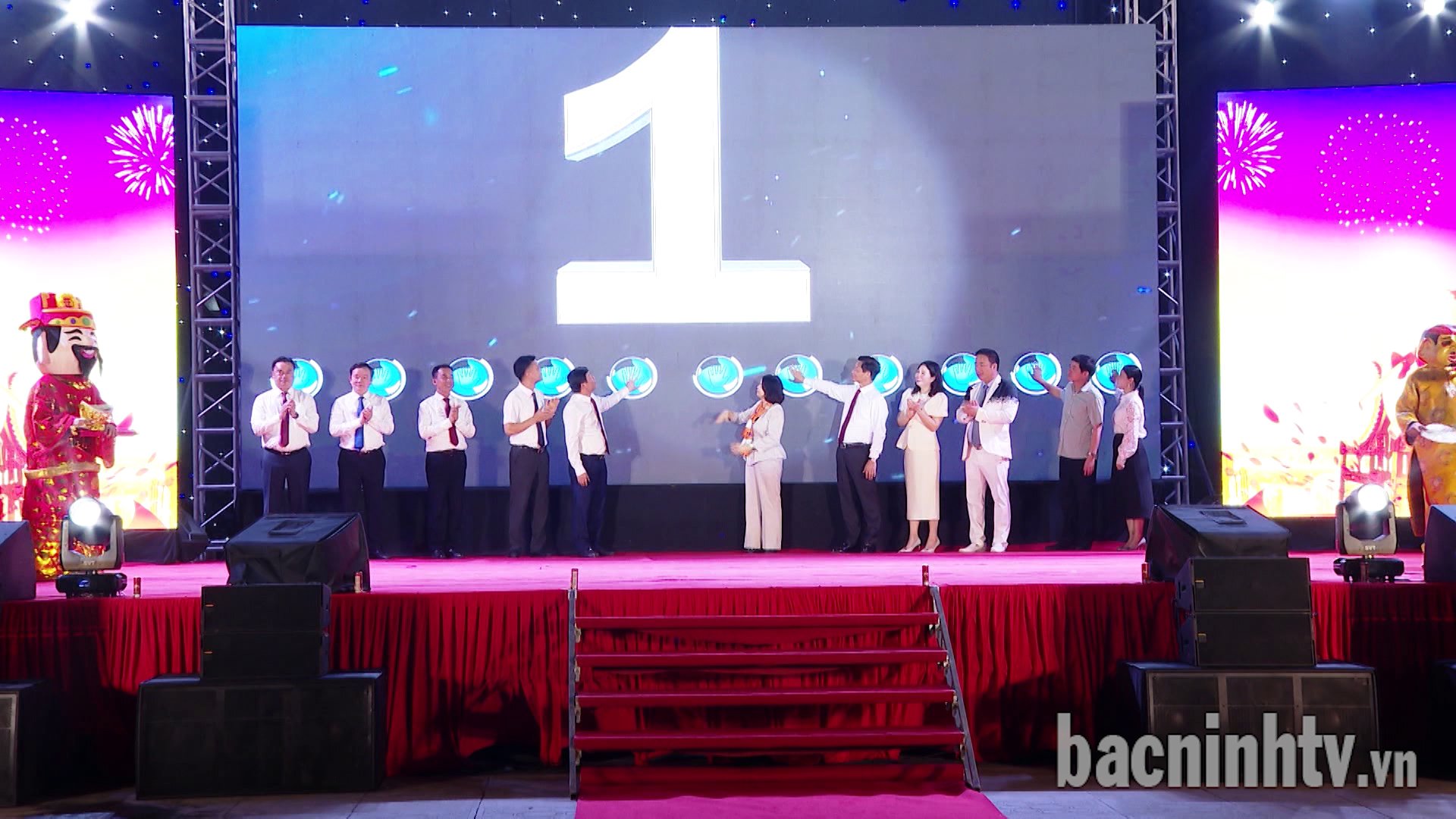














Comment (0)